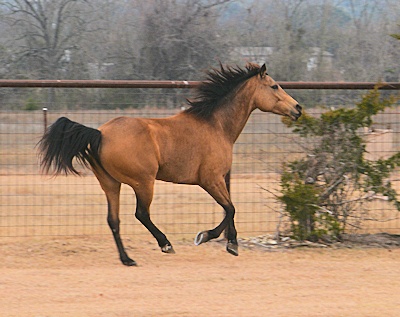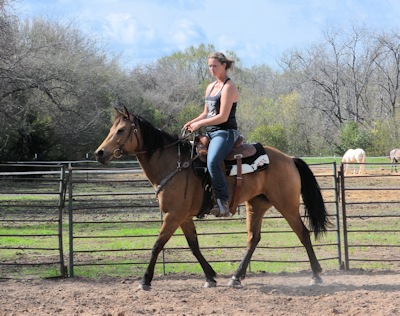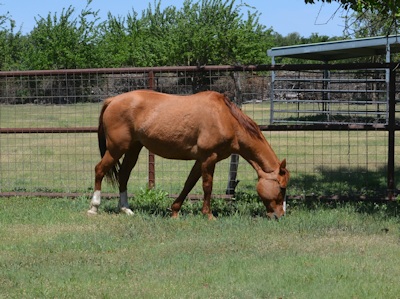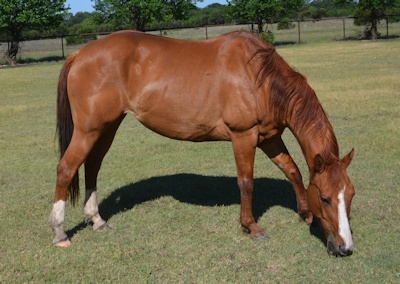What’s the best/fastest/easiest/most efficient way to get published? What was it when you started? (Not the way I did it, is the honest answer!) Many writers have a stack of manuscripts gathering dust on a desk top or filling a box or two tucked into a closet or under the bed. Some of them will […] [...more]
What’s the best/fastest/easiest/most efficient way to get published? What was it when you started? (Not the way I did it, is the honest answer!)
Many writers have a stack of manuscripts gathering dust on a desk top or filling a box or two tucked into a closet or under the bed. Some of them will end up with published books, and some of them won’t. And the reasons aren’t always the relative quality of the books. Sometimes it’s the decisions they make–the same ones I made that kept me unpublished for decades.
I started writing fiction at six (lousy fiction) and by high school had discovered and started writing science fiction (probably also lousy) and daydreamed about being a writer. For money. My very practical mother inquired how many cents a word writers got paid; ANALOG listed its pay scale. And how many words would I have to write every month, even assuming every word sold, to make a living, she asked. As a high school student, a minute of calculation immediately led to “I can’t write that much every month!”
Without further research, I gave up the notion of supporting myself by writing. “Everyone knew” that you had to write and sell short fiction before you could write a salable novel. “Everyone knew” writing a novel took many years. I accepted all that, and dropped “want to be a writer” in the same slot as “want to be a fighter pilot” and “want to own a horse ranch with 25 golden palominos, 25 collie dogs, and have a dozen children, including three sets of twins.” Impossible.
Through college and after I continued to write (because I couldn’t stop) in a sort of wistful-hopeful way, vaguely expecting that if I was cut out to be a writer, someday a spotlight would beam down on me, and a James Earl Jones kind of voice would say “YOU are a writer! Grasp the torch.” It doesn’t work that way.
Meanwhile, I was doing other things and learning a lot. Military service followed the history degree, and while in the military I programmed computers, learned to backpack and camp out on mountain trails, sew, do needlepoint, make jams and jellies from wild fruit, read topographic maps, identify local wildlife and plants (new to me: Virginia is not Texas), take better photographs with a good camera, and more.
I married, moved back to Texas with my husband after we left active duty, got a second degree in a different field, and started graduate school (my thesis committee consisted of a microbiologist, a geologist, and an ecologist.) Hiked, learned to ride over fences, learned to set a line of traps for research, started making my own bread, pickles, preserves, did very successful organic gardening on our tiny lot, raised a few chickens for eggs and meat.
Moved again, back to my home town, leased (and later bought) my first horse, moved again, joined the local volunteer EMS and learned a lot more about rural medical care and pre-hospital care than I’d imagined existed. So none of that time was wasted, really.
We landed here, in a small town, where I had no prospects for employment other than volunteering (which I did–Library Board, elected to City Council twice, plus the EMS work.) And–to keep my hand in, I thought–I audited a writing course at Southwestern University, telling myself it was a last chance and if nothing came of it I should quit writing. That class, taught by the wonderful Dr. Lois Parker, changed me from a “hopeful but not practical” daydreamer to a determined writer. Finally, finally, I began to treat writing in a businesslike way, the same way I had history, biology, chemistry, horse training. I started sending in stories (all rejected, by the way. Lots of them.) When a tiny opportunity opened up to write a weekly news column for this town in the county paper, I applied–and got it.
Every week I turned in 800 words on whatever might interest people here–mostly not real news but personal interest events and chat. School honor roll lists, a bake sale for the library, a loose calf in someone’s garden, family reunions, gold and diamond anniversaries. “Real reporters” covered school board and city council business; I covered the other stuff.
There’s nothing like a weekly deadline, a defined word limit, and a paycheck (however tiny) to get a writer headed in the right direction. Though it wasn’t “writing every day” it was writing with intent. Besides the money, I got feedback from the folks in town every week when the paper came out. When I started writing the Paks books I already had a couple of years of experience, and had learned more about the business of writing and publishing.
I joined what was then the Austin Writers League (now the Writer’s League of Texas.) My income from the newspaper column paid for the gas to drive down to Austin and back once a month for meetings. Soon after I finished the Paks books, AWL offered a one-day science fiction workshop. So I found someone to care for our son that day and went to it. (My husband worked Saturdays.) Howard Waldrop, the instructor, said the most important thing I’d heard yet: Send your manuscripts to editors whose choices you like to read. That one sentence got me my first two sales because I had been doing the exact opposite. He also suggested that we all should attend that year’s NASFiC, in Austin. I did that, too…with those two sales in hand.
“Bargains,” to Marion Zimmer Bradley’s Sword and Sorceress III, and “ABCs in Zero-G” to Analog, were very different stories, both connected to personal experience. “Bargains” is a Paksworld story, based on my own experience with a bargain horse; “ABCs…” is a hard-SF story straight out of my EMS experience. I started it one cold winter night riding in the back of the ambulance on the way back from the regional trauma center after getting the last blood off the floor.
I never sold another story to Bradley, but I soon had two more sales to Stan Schmidt at Analog. When they came out the following year, a young man named Joshua Bilmes saw them, liked them, and wrote me, saying if I ever wrote a book he’d like to see it. I replied that I did have three completed books, but they weren’t SF, they were fantasy. He was willing to look at the first one. Then he asked for the others. Then he offered to represent me. Meanwhile, I’d gone to my first WorldCon and asked Stan Schmidt what he thought of the agency Joshua then worked for and found out it was his, too.
That’s how I got an agent. The same agent I have now, thirty-two years later. He started trying to sell the Paks books, initially with no success. There was considerable resistance then to a woman writing military fiction with a female soldier at the center of it. I had somewhat huffy (my perception) rejections from a number of well-known male editors on that basis, firmly sure it was impossible/stupid/ridiculous to have a woman soldier in fantasy and even worse to have a woman *writing* it. What could she know? I did some muttering and grumbling in my lair.
The last rejection came from Baen Books, whose senior editor then (Betsy Mitchell) had liked the books, but Jim Baen had rejected them without reading, for the same reasons as the other editors. But his comments got to me, via my agent. That was the final straw. I replied (not to the publisher, of course–I had that much sense–but to my agent in a fairly…firm…tone.) Joshua claimed the paint peeled off the mailroom wall when my letter arrived. I doubt that, since most of the letter was perfectly rational documentation of factual error, and anyway, I did know what I was talking about, harrumph, being a veteran myself. (Hmmm…maybe there were a few scorch marks, after all.)
Joshua went back to Baen, pointing out that his writer was a Marine veteran, and the dismissive rejection without reading was an insult. Jim Baen changed his mind, read the books, and then published them. Moreover he told that story on himself, repeatedly. I respected his willingness to change his mind, and even more his willingness to admit error in public. And now we’re here, all these years later, and the Paks books, in either the separate or omnibus edition, have been available ever since.
Thank you, Joshua, for persisting. Thank you, Jim, for that change of heart. Thank you, Betsy, for not just editing these books, but teaching me how and why editing decisions are made. Thank you, Baen Books, for giving me that break and the start of my writing career.
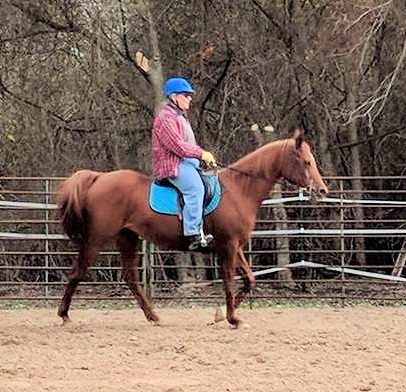 We were just completing a down transition from trot to walk, and in the next step I gave her more rein and she stretched her neck. She hadn’t wanted to slow.
We were just completing a down transition from trot to walk, and in the next step I gave her more rein and she stretched her neck. She hadn’t wanted to slow.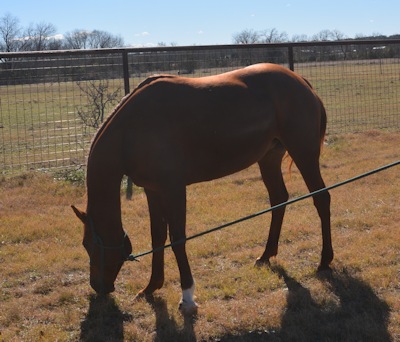 She has lost some of the muscle she’d built up from swimming and regular work to stall rest necessitated by back to back hoof abscesses, especially on her hindquarter. This will come back when we can start riding the gentle rises and falls here. But right now it’s too wet.
She has lost some of the muscle she’d built up from swimming and regular work to stall rest necessitated by back to back hoof abscesses, especially on her hindquarter. This will come back when we can start riding the gentle rises and falls here. But right now it’s too wet.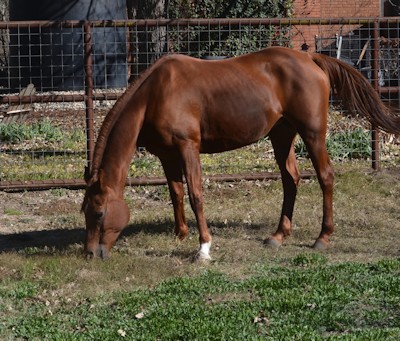 It didn’t take long for her to eat all the grass in this 30 x 40 foot pen…and then it rained, and it rained, and it rained, and it rained. And it’s raining today. The south side of the barn is open to this pen, so there’s no way to keep her out of the churned mud without locking her in her stall, which she hates. And stall confinement has its own risks to a horse’s health, esp. a horse like this. She needs to move around. Eventually the rain will stop…
It didn’t take long for her to eat all the grass in this 30 x 40 foot pen…and then it rained, and it rained, and it rained, and it rained. And it’s raining today. The south side of the barn is open to this pen, so there’s no way to keep her out of the churned mud without locking her in her stall, which she hates. And stall confinement has its own risks to a horse’s health, esp. a horse like this. She needs to move around. Eventually the rain will stop…
